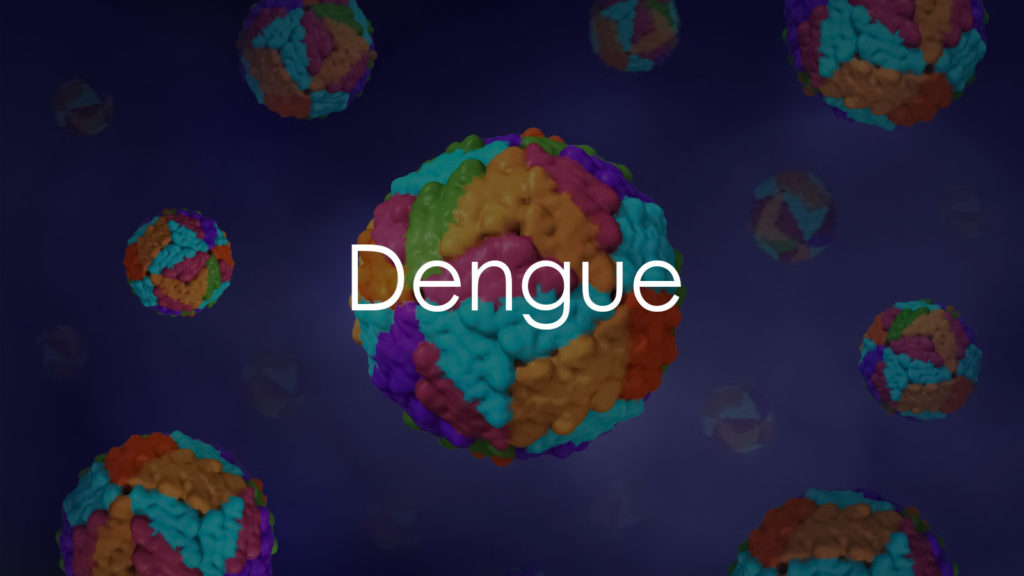Symptoms of dengue, a mosquito-borne viral infection, can range from mild to severe and typically appear 4-10 days after being bitten by an infected mosquito. Recognizing these symptoms early is crucial for timely diagnosis, treatment, and prevention of complications.

Early Symptoms
Fever
High Fever
The most common initial symptom of dengue is a sudden onset of high fever, often reaching up to 104°F (40°C). The fever typically lasts for 2-7 days and may fluctuate.
Biphasic Fever
In some cases, dengue fever can exhibit a biphasic pattern, where the fever subsides for a day or two and then returns.
Headache
Severe Headache
A severe headache, often described as a retro-orbital headache (behind the eyes), is a common early symptom of dengue. The pain can be intense and persistent.
Musculoskeletal Symptoms
Muscle Pain
Myalgia
Myalgia, or muscle pain, is frequently reported in dengue patients. The pain can be widespread and severe, affecting the lower back, legs, and joints.
Muscle Tenderness
Muscle tenderness may accompany the pain, making movement uncomfortable.
Joint Pain
Arthralgia
Arthralgia, or joint pain, is another hallmark symptom of dengue. The pain is often severe and can affect multiple joints, leading to the nickname «breakbone fever.»
Swollen Joints
Some individuals may experience swelling in the joints, adding to the discomfort and restricting movement.
Gastrointestinal Symptoms
Nausea and Vomiting
Persistent Nausea
Nausea is a common symptom and can be persistent, leading to a loss of appetite and dehydration.
Vomiting
Vomiting may accompany nausea, further contributing to dehydration and electrolyte imbalances.
Abdominal Pain
Severe Abdominal Pain
Severe abdominal pain, especially in the upper right quadrant, can occur in dengue fever. This pain can be a sign of more severe disease progression.
Gastrointestinal Bleeding
In some cases, gastrointestinal bleeding can occur, leading to symptoms such as blood in vomit or stool.
Skin Symptoms
Rash
Maculopapular Rash
A maculopapular rash, characterized by small red spots, often appears a few days after the fever begins. It usually starts on the face and spreads to the trunk and limbs.
Petechiae
Petechiae, which are small red or purple spots caused by bleeding under the skin, can also appear. They are a sign of capillary fragility and can be a marker of more severe disease.
Itching
Pruritus
Some individuals may experience itching, particularly as the rash begins to fade. This can be a sign of the immune response to the infection.
Eye Symptoms
Pain Behind the Eyes
Retro-Orbital Pain
Pain behind the eyes, or retro-orbital pain, is a distinctive symptom of dengue. This pain is often aggravated by eye movement and can be quite debilitating.
Red Eyes
Conjunctival Injection
Redness of the eyes, or conjunctival injection, can occur due to inflammation and increased blood flow to the area.
Severe Dengue Symptoms
Dengue Hemorrhagic Fever (DHF)
Bleeding Symptoms
Dengue Hemorrhagic Fever is a severe form of dengue characterized by bleeding tendencies. Symptoms include bleeding gums, nosebleeds, easy bruising, and blood in vomit or stool.
Plasma Leakage
Plasma leakage, leading to fluid accumulation in the chest and abdominal cavities, is a critical feature of DHF. This can cause abdominal distension and difficulty breathing.
Dengue Shock Syndrome (DSS)
Severe Shock
Dengue Shock Syndrome is the most severe form of dengue, marked by severe shock due to plasma leakage. Symptoms include a rapid, weak pulse, low blood pressure, and cold, clammy skin.
Organ Failure
Severe cases of DSS can lead to multi-organ failure, requiring immediate medical intervention and intensive care.
Post-Infection Symptoms
Fatigue
Prolonged Fatigue
Fatigue and weakness can persist for weeks or even months after the acute phase of dengue has resolved. This prolonged fatigue can impact daily activities and quality of life.
Need for Rest
Adequate rest and gradual return to normal activities are essential for recovery from post-dengue fatigue.
Depression and Anxiety
Emotional Impact
The physical symptoms of dengue, combined with the stress of the illness, can lead to emotional and psychological symptoms such as depression and anxiety.
Mental Health Support
Mental health support, including counseling and therapy, can be beneficial for individuals experiencing emotional difficulties after recovering from dengue.
Conclusion
Recognizing the symptoms of dengue, from the early stages to severe complications, is crucial for timely diagnosis and effective treatment. Early symptoms include high fever, severe headache, muscle and joint pain, and gastrointestinal issues. Severe dengue can lead to bleeding, plasma leakage, and shock, necessitating immediate medical attention. Post-infection symptoms like prolonged fatigue and emotional distress also require appropriate management. By understanding these symptoms, individuals can seek prompt medical care, reducing the risk of severe outcomes and improving recovery.